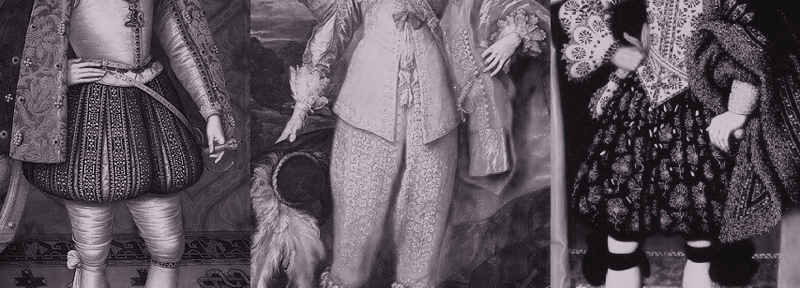This post is about tribalism in contemporary Western culture, and specifically it’s about the invisible assortment of people who have self-selected out of it. What these people gave up in tribal coordination, they gained in greater freedom to determine their own values and lives. The result is a fresher, more dynamic arena of human activity. I’ve spent a lot of time in some of these quiet cultures, and I want to tell you about them. Continue reading
The non-tribal tribes














